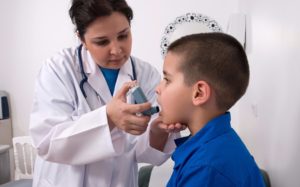It’s not too late to protect yourself, your family, your friends, your coworkers, and the people we support from the effects of the flu. The CDC recently released an official Health Advisory to alert doctors of increased influenza A(H3N2) activity. A colder winter can actually help the flu virus The flu is a serious contagious disease that can lead to hospitalization and even death. You have the power to protect yourself and your family this season with these three actions to fight flu.
- Get a flu vaccine. Everyone 6 months of age and older should get a flu vaccine (https://www.cdc.gov/flu/protect/keyfacts.htm) by the end of October, if possible. A yearly flu vaccine is the first and most important step in protecting against the flu.
- Take everyday actions to stop the spread of germs. Try to avoid close contact with sick people, and if you become sick, limit your contact with others. When possible, stay home for at least 24 hours after your fever is gone. Cover your nose and mouth with a tissue when you cough or sneeze, and wash your hands often with soap and water. If soap and water are not available, use an alcohol-based hand rub.
- Take flu antiviral drugs if your doctor prescribes them. If you get the flu, prescription medicine called antiviral drugs can be used to treat flu illness. Antiviral drugs can make illness milder and shorten the time you are sick. They may also prevent serious flu complications (https://www.cdc.gov/flu/about/disease/complications.htm#complications).
- Learn more about how you can fight flu this season (https://www.cdc.gov/flu).
While doctor’s offices and health departments continue to provide vaccinations, flu vaccine is also available at many pharmacies, workplaces, supermarkets and other retail and clinic locations. Find a flu vaccination clinic with the vaccine finder (https://www.cdc.gov/flu/).
Asthma is the most common chronic medical condition among children hospitalized with the flu.

People at high risk include:
- Children younger than 5, but especially children younger than 2 years old (https://www.cdc.gov/flu/parents/index.htm)
- Adults 65 years of age and older(https://www.cdc.gov/flu/about/disease/65over.htm)
- Pregnant women(https://www.cdc.gov/flu/protect/vaccine/pregnant.htm) (and women up to two weeks postpartum)
- Residents of nursing homes and other long-term care facilities(https://www.cdc.gov/flu/professionals/infectioncontrol/ltc-facility-guidance.htm)
- American Indians and Alaskan Natives (https://www.cdc.gov/flu/pdf/freeresources/native/protect_circle_life_factsheet.pdf)
- People who have certain chronic medical conditions, including:
Asthma (https://www.cdc.gov/flu/asthma/index.htm)
Neurological and neurodevelopmental conditions (including disorders of the brain, spinal cord, peripheral nerve, and muscle such as cerebral palsy, epilepsy [seizure disorders], stroke, intellectual disability, moderate to severe developmental delay, muscular dystrophy, or spinal cord injury)
Chronic lung disease (such as chronic obstructive pulmonary disease [COPD] and cystic fibrosis)
Heart disease (https://www.cdc.gov/flu/heartdisease/index.htm) (such as congenital heart disease, congestive heart failure and coronary artery disease)
Blood disorders (such as sickle cell disease)
Endocrine disorders (such as diabetes (https://www.cdc.gov/flu/diabetes/index.htm) mellitus) 
Kidney disorders
Liver disorders
Metabolic disorders (such as inherited metabolic disorders and mitochondrial disorders)
Weakened immune system due to disease or medication (such as people with HIV or AIDS (https://www.cdc.gov/flu/protect/hiv-flu.htm), or cancer (https://www.cdc.gov/cancer/flu/), or those on chronic steroids)
People younger than 19 years of age who are receiving aspirin therapy
People with extreme obesity (body mass index [BMI] of 40 or greater)
Source: CDC.gov

